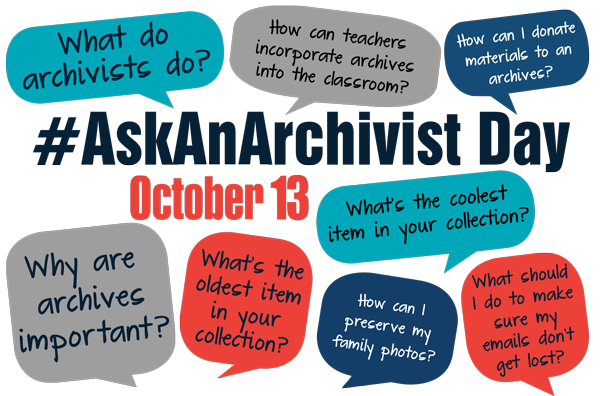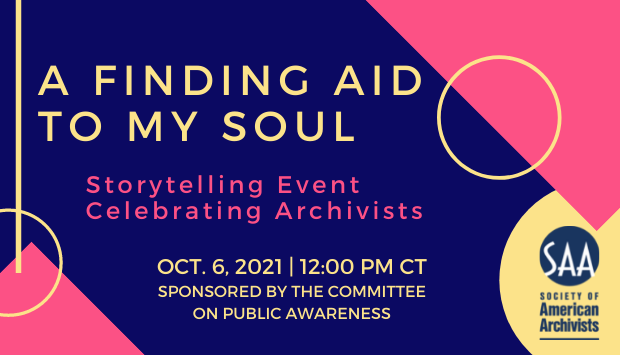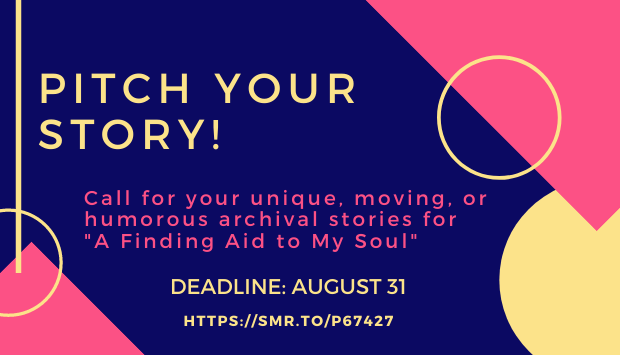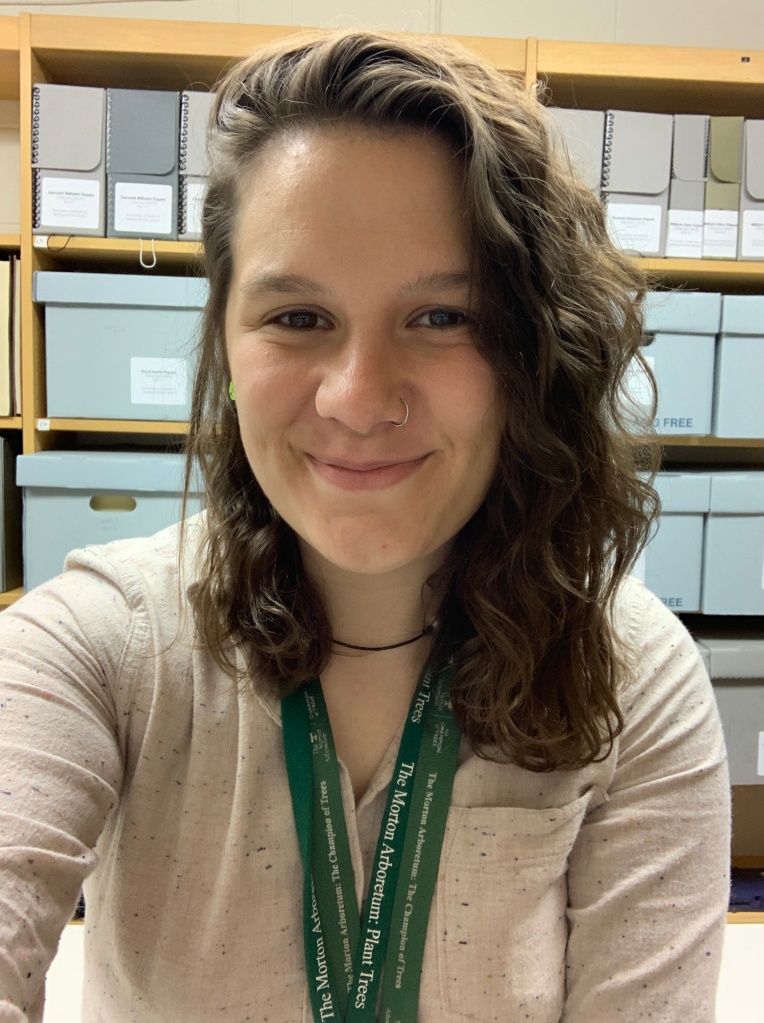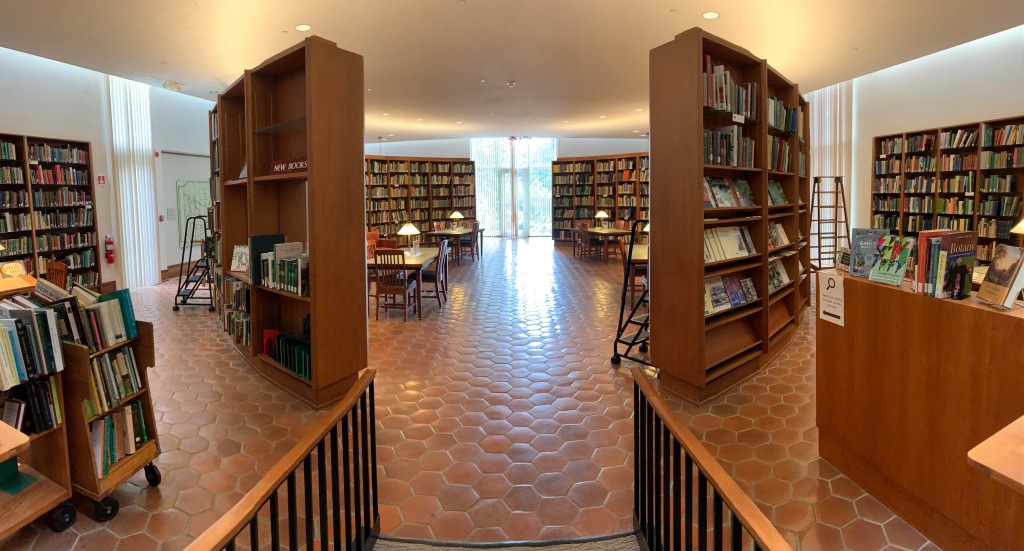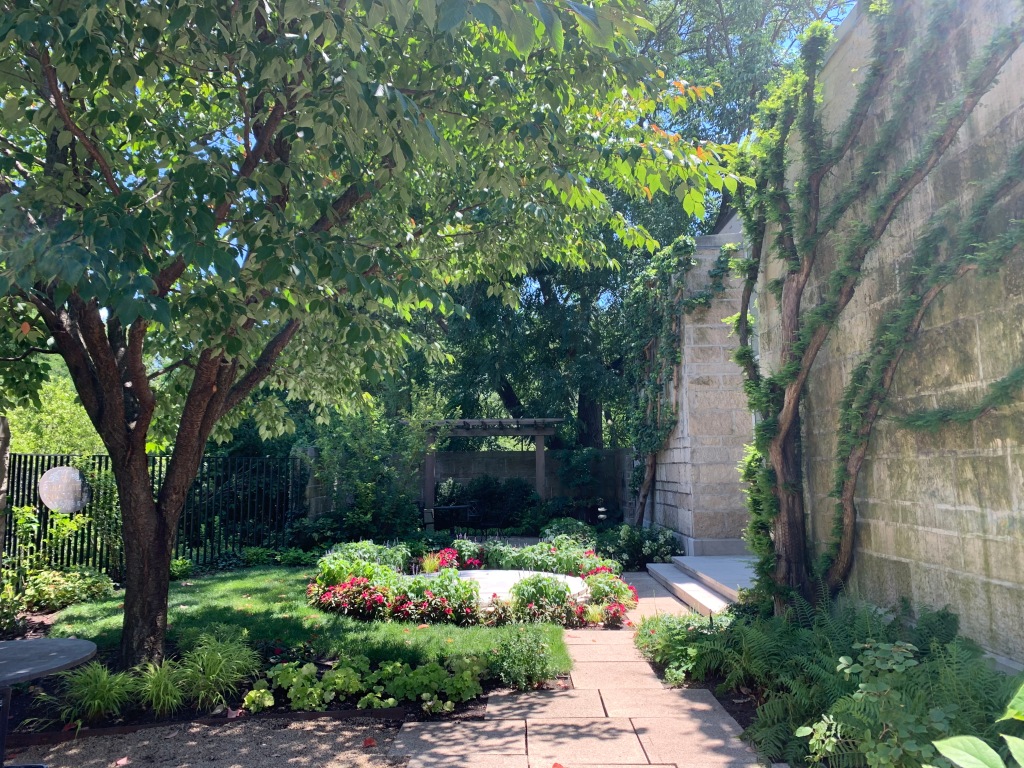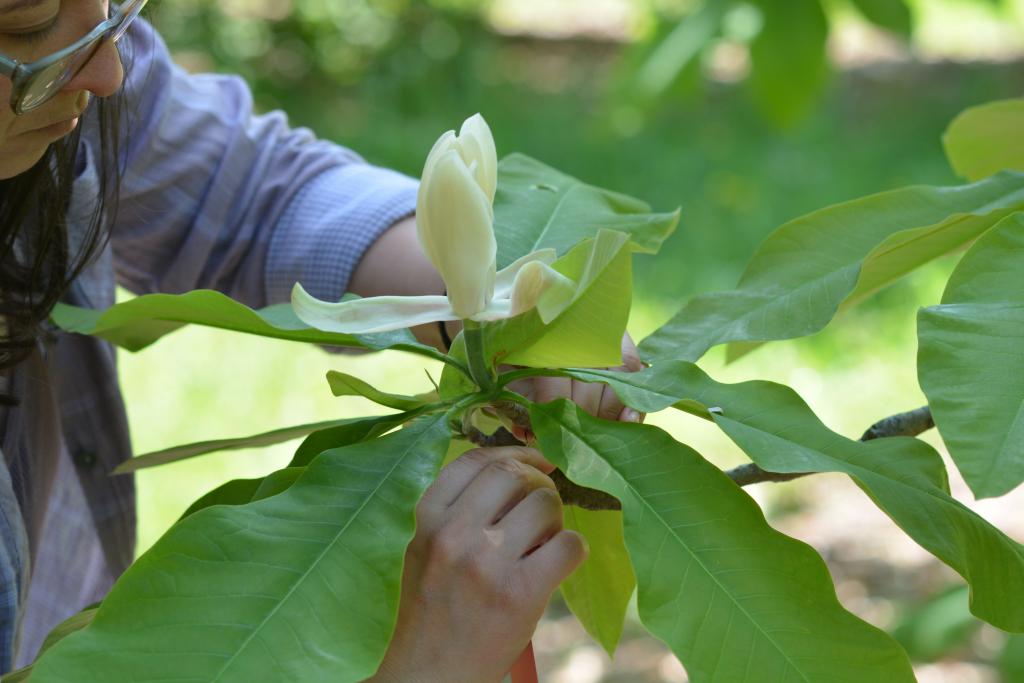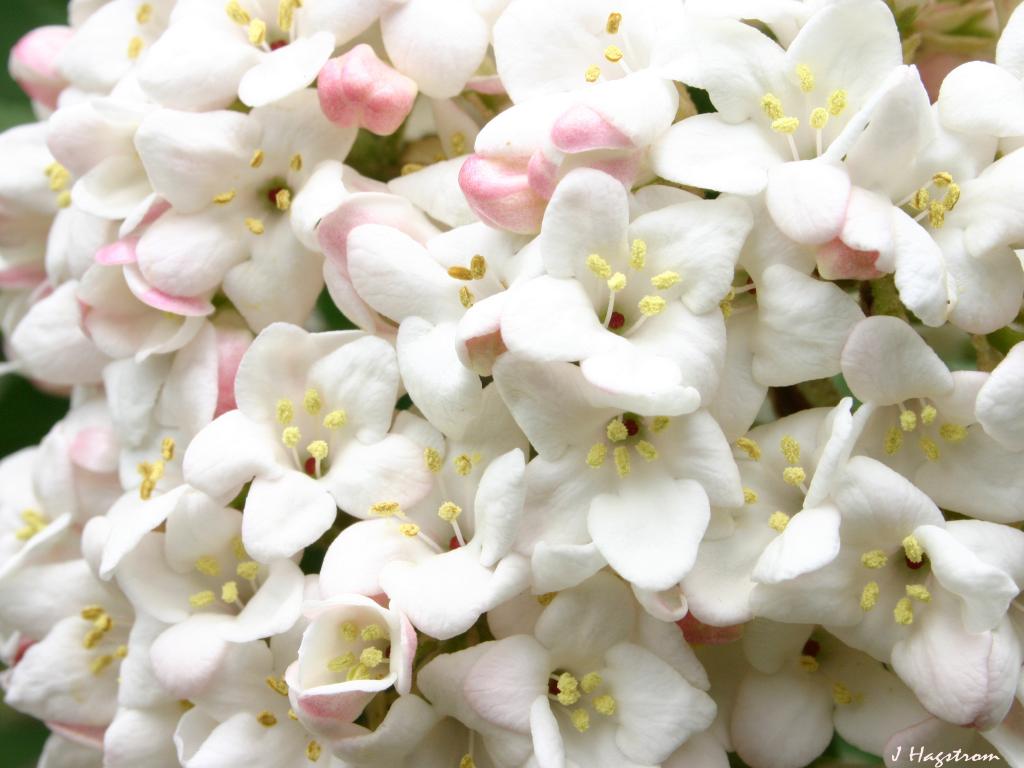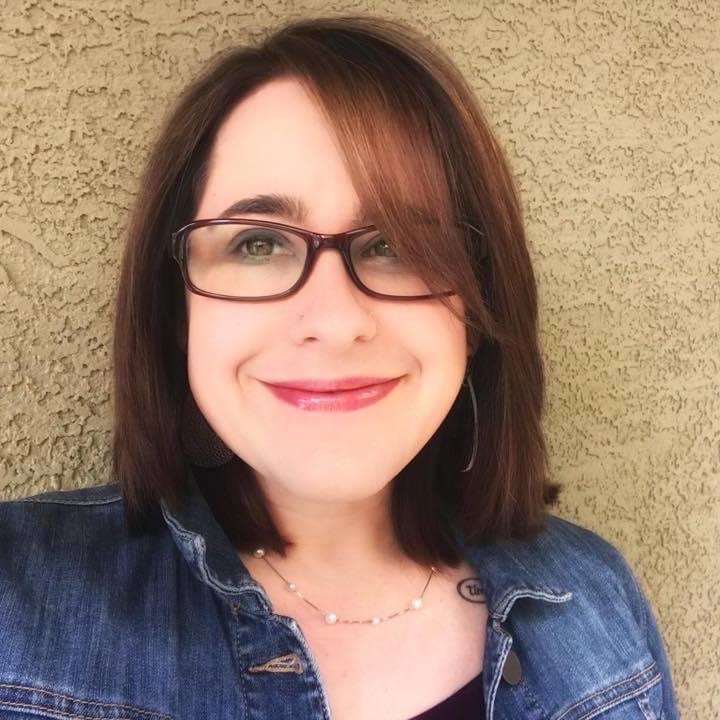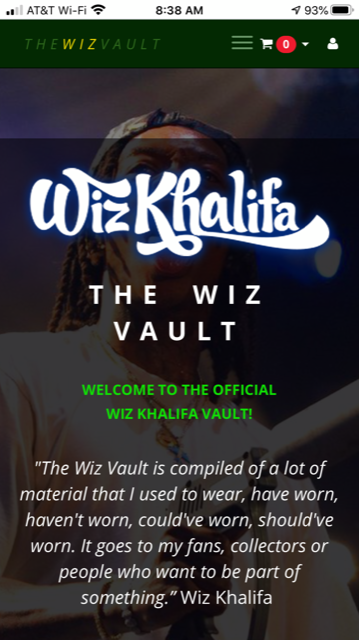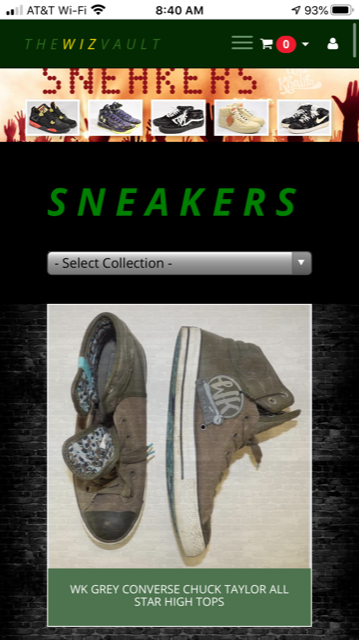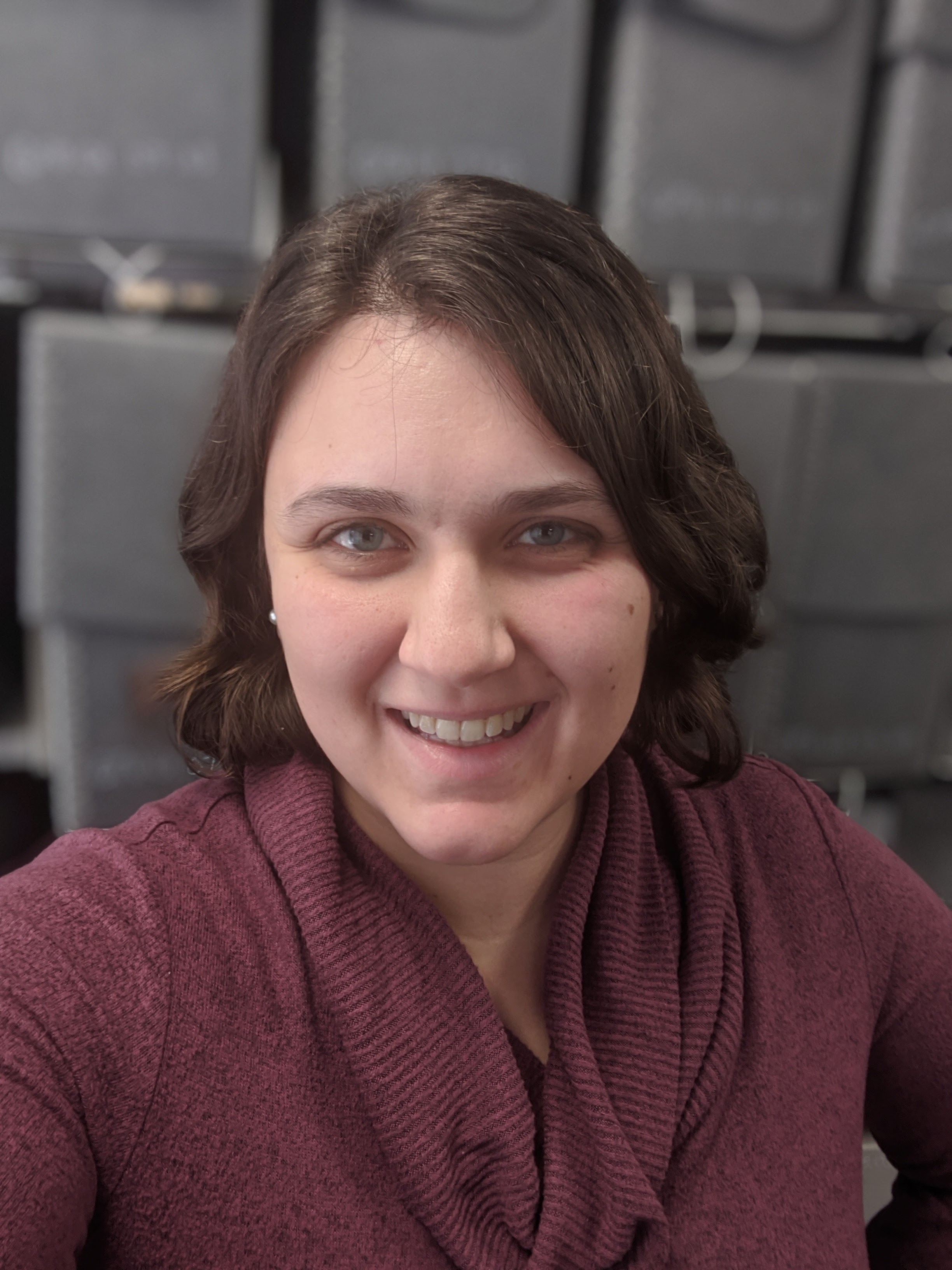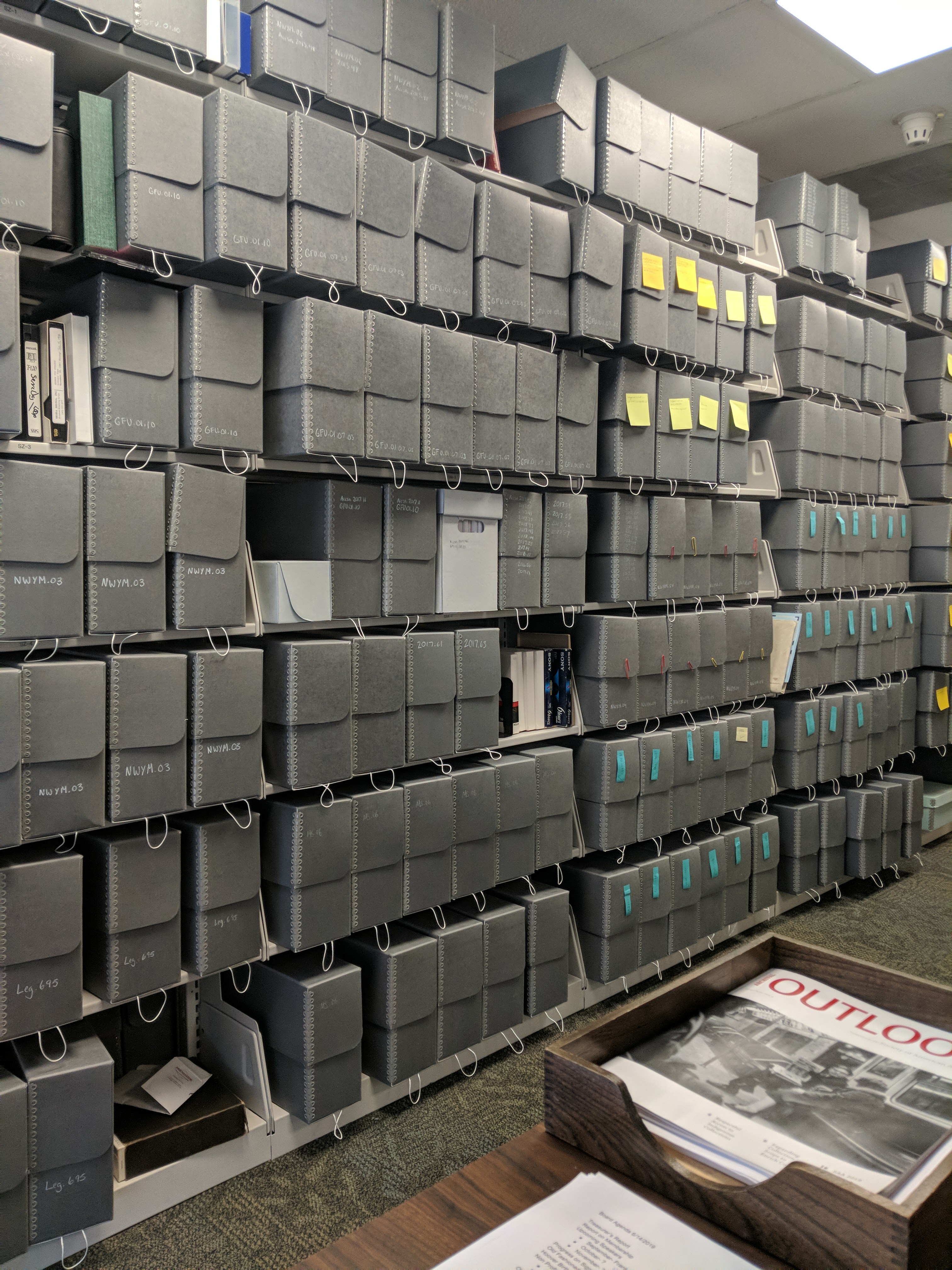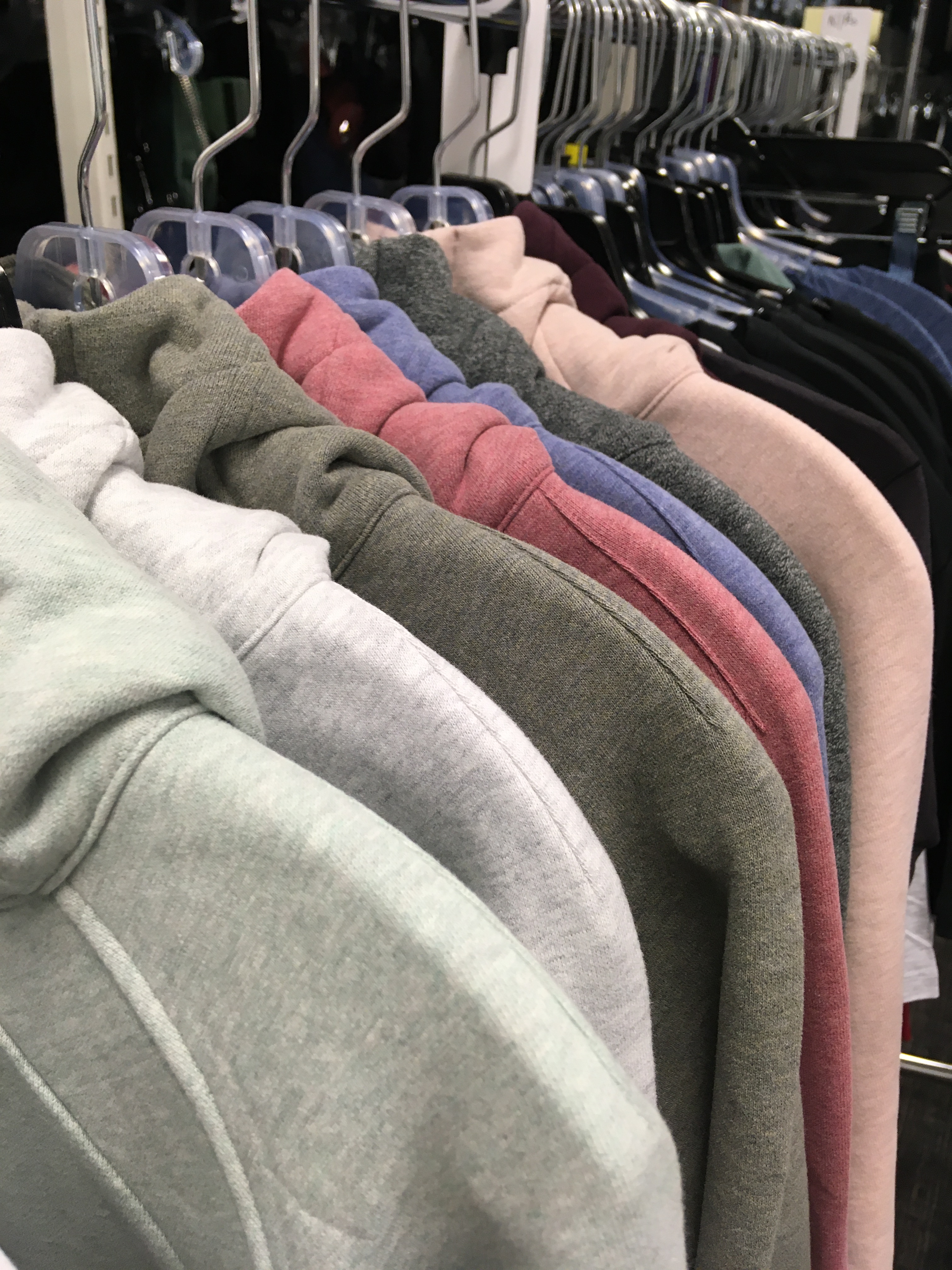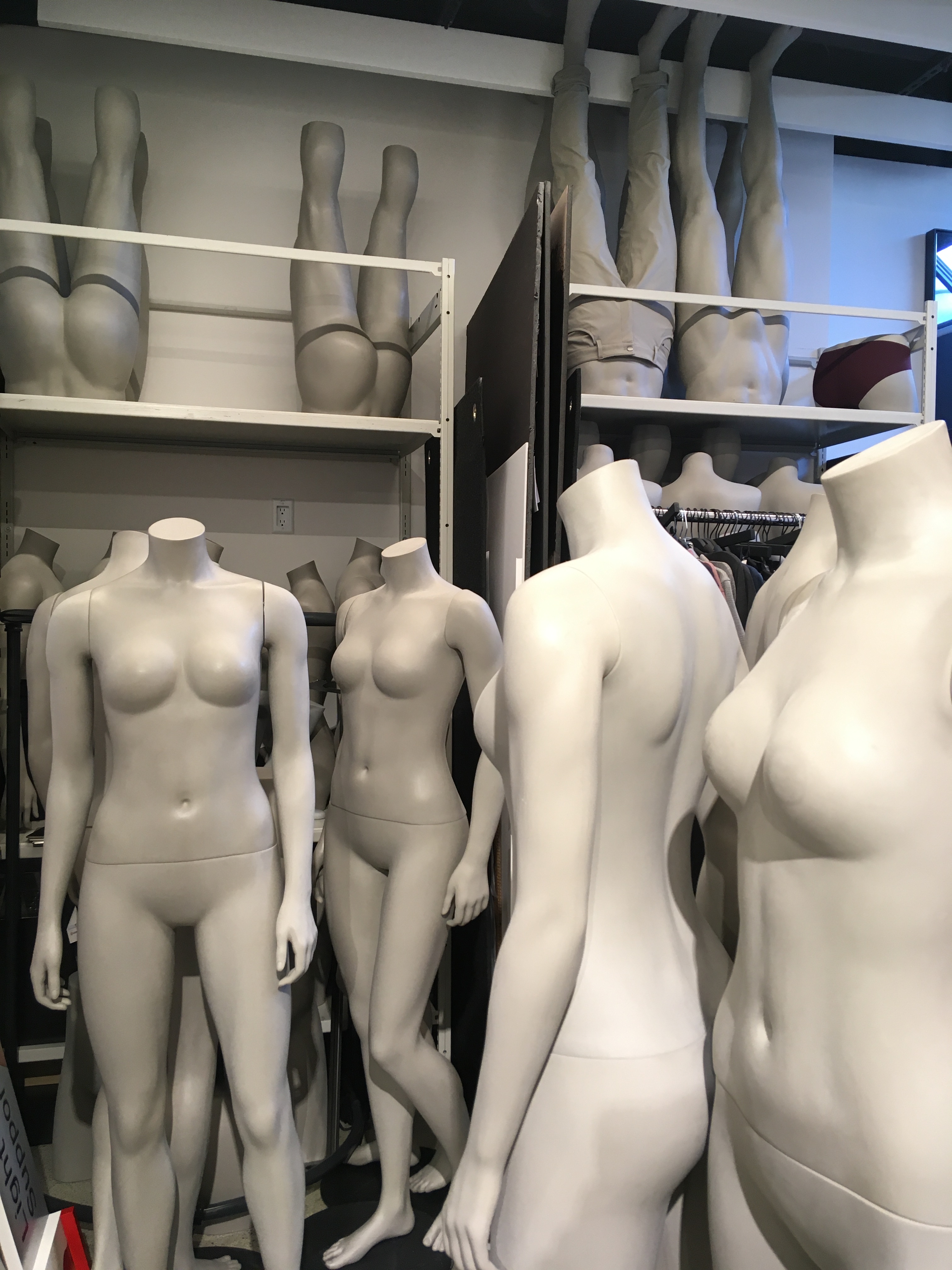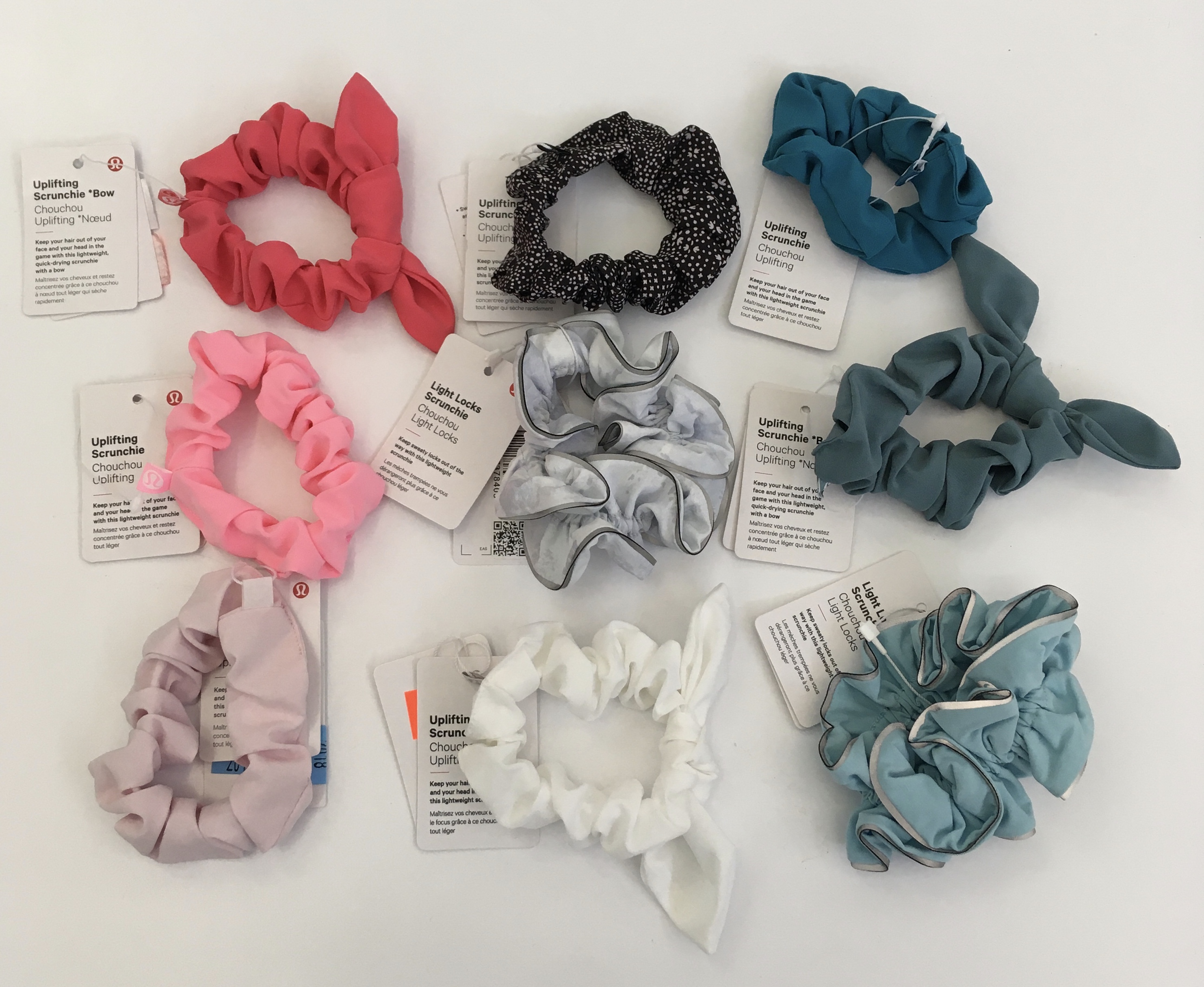Last week was the start of the SAA Annual Meeting with the Teaching Primary Sources Unconference kicking off the Pre-Conference activities. Here is a list of some recommendations for awareness and advocacy sessions and creative outreach.
Please note, there is a mix of live, recorded, and on-demand sessions. Make sure to visit the schedule and view session descriptions to see which category a session or meeting falls and whether you need to register for a session.
Wednesday, July 29
College & University Archives Section
Join the Section to continue discussion on the various topics we’ve had at our weekly “coffee chats”, including collecting COVID stories, working and managing remotely, combating systemic racism at our institutions, and our plans for returning to campus. We’ll split into breakout sessions to explore these topics further. But first (after our business meeting), we’ll hear from Katie Howell, who developed a rapid response collecting initiative to document COVID-19 on the campus of UNC Charlotte.
Students & New Archives Professionals Section
Join SNAP for a brief business meeting as we present updates on section projects and advocacy work from the past year and introduce new steering committee members.
Friday, July 31
Archives Management Section
Look, I Made a Hat: Agility in the Archives
Archives managers are required to don many hats (as it were) in addressing a range of challenges and moving quickly to implement solutions. After conducting some section business, we will transition to presentations on incredibly timely topics: Budgeting, Personnel, and Advocacy.
Monday, August 3
A powerful story has the potential to connect us to our own experiences, pull a community together, and engage new audiences with our work. In this master class storytelling workshop led by two-time Moth GrandSLAM winner (and former Moth director of education) Micaela Blei, you’ll learn “what makes a story work” and the connections among narrative performance, research, and teaching, as well as brainstorm and craft stories of your own.
The workshop is structured to make the online experience as engaging and welcoming as possible—using a webinar format and then an optional small-group discussion structure to allow you to take part in the workshop at the level that will best serve you.
Registration is required and there is an additional fee of $49.00 to attend.
Wednesday, August 5
Keeping Archives Relevant in a Dizzying Digital World
Join Preservica customers and staff as they explore together the evolving impact of digital archives, celebrate user projects and stories, and discuss innovations in archival practice.
Thursday, August 6
Plenary 1
In addition to hearing our current president, Dr. Meredith Evans speak, this session includes Jodie Foley and Tempestt Hazel. Jodie Foley is the Montana State Archivist at the Montana State Historical Society.
Tempestt Hazel was the 2019 recipient of the J. Franklin Jameson Archival Advocacy Award from the Society of American Archivists. She is a curator, writer, and founder of Sixty Inches From Center, a Chicago-based arts publication and archiving initiative that has promoted and preserved the practices of BIPOC and LGBTQIA+ artists, and artists with disabilities across the Midwest since 2010. Focusing primarily on reframing cultural archives and institutional collections, her exhibitions and projects have been produced with the University of North Texas, South Side Community Art Center, Terrain Exhibitions, the Black Metropolis Research Consortium, the Smart Museum of Art, and the University of Chicago, among others.
2B – Archival Outreach in the New Normal: Using Digital Platforms to Teach Primary Sources
Learn about the National Archives and Records Administration’s (NARA) longstanding partnership with Internet2 and the Presidential Primary Source Project and the teaching series they have done, completely online. They will share tips for presenting in this medium and discuss methods for regaining audience attention and making the session more interactive.
In addition, learn more how NARA has moved its adult programming to online platforms. They will discuss how to host these kinds of sessions with members of the general public and how to manage registrations, digital platforms, and advertising.
3A – From the Margins to the Center: Foregrounding Underrepresented Communities and Revitalizing Mainstream Collections
This session examines how different approaches to foregrounding marginalized groups and individuals have revitalized established collections at three archival repositories.
3B – Showing Up: Community Engagement Events Toward a Better Cultural Record
This panel will explore the centrality of community partnerships in the diversification of the archival record, featuring programs that have hosted grant-funded community engagement activities to create and collect documentation of historically underrepresented groups.
Friday, August 7
4B – Reframing History: Opening Up Archives to Artists
This panel will highlight the Chicago Archives + Artists Project organized by Sixty Inches From Center and feature visual artists, curators, and writers who have collaborated with archivists, librarians, and other collection caretakers for their research-based creative practices to commission new artworks and curate exhibitions.
Hop into History: Archives and Alcohol in America
Grab a drink, and pull up a stool at the virtual hotel bar for a storytelling session featuring archivists who are working to document various aspects of alcohol history in the United States. Whether your drink of choice is beer, wine, bourbon, or cocktails, we’ll share some stories from our collections that might make you think a little differently the next time you take a sip!
Saturday, August 8
S04 – Ambition, Advocacy, and the Future of Storytelling
Orchestra and radio archivists describe how they pitched forward-thinking projects that break storytelling out of its traditional mold. Participants then break into groups to imagine, share, and learn what the future role of archives will and can be. Practical tips and challenges related to technology, project implementation, and advocacy will be shared.
S11 – Community Collections as Digital Collections
L.A. as Subject (LAAS), Chicago Collections Consortium (CCC), and the Recollect community in Australia and New Zealand will address the lessons learned and future visions in achieving a truly collaborative and reciprocal network. Although they are separate and independent entities, LAAS, CCC, and Recollect developed coinciding missions to collaborate with a diverse set of community archives in order to openly share collections and strengthen the profession through more comprehensive knowledge sharing.
S12 – Connecting to Communities: Outreach at the Missouri State Archives
In this session archivists from the Missouri State Archives will share their experiences with tours, special events, speaker series, and grant programs. The focus is on creating sustainable, diverse programs to reach a broad range of patrons.
S29 – Love Can’t Turn Around™: Evidences of the Belief in the Power of Our Collective Social Experiences as Sites of Pleasure, Purpose and Politics
The Blackivists™ are a collective of trained and credentialed African-American archivists based in the Chicagoland area who address the needs of people interested in creating and preserving personal, community and “non-traditional” archives. The Blackivists™ collaborated with Honey Pot Performance on a series of programs for the Chicago Black Social Culture Mapping Project, which exists to preserve Chicago’s black social cultural lineage through fun and informative experiences focused on a Chicago based cultural art form: House music.
S35 – Project STAND: Highlights and Hurdles of a National Project on Social Justice and Archives
Project STAND, is a consortium of 70 colleges and universities that has created an online resource centralizing primary sources relating to student activism in historically under-documented and minoritized communities. This session will focus on its creation, highlights, and hurdles, and the role of the archivists to build relationships with marginalized communities, provide tools for documenting activism, and advance archival collections. Speakers will discuss the website and collection highlights, the Archiving Activism toolkit, and the symposia conducted in 2019/2020.
S36 – Protocols 101: How to Start the Conversation at Your Institution
This session explores the future of Indigenous collections stewardship for the 21st century archivist. Following the conference theme, it asks participants to consider how archivists can leverage creativity to make positive changes to collections care and access amidst institutional constraints.
S39 – Remaining Relevant: Changing the aesthetic of archives through collaboration and creativity
This interactive session is opportunity to not only hear what this institution is doing to change the profession, but engage in constructive and collaborative brainstorming with a variety of professionals to incorporate new strategies to better provide access and awareness to collections.
S42 – Setting a New Standard: Practical Applications and Uses of Standardized Measures and Metrics
Presenters will discuss implementation of the SAA/RBMS Standardized Statistical Measures and Metrics, approved by SAA in 2018, and suggest ways to use statistical data to impact internal operations and advocate for your institution. General recommendations for data collection and application will also be provided.
Tuesday, August 11
Reference, Access, and Outreach Section
As a part of the 2020 Annual Meeting of the Society of American Archivists, the Reference, Access, & Outreach (RAO) section will host its 8th annual Marketplace of Ideas. The Marketplace of Ideas takes place in conjunction with the annual RAO business meeting, and offers participants a chance to learn more about creative instruction, outreach, and reference programs piloted by colleagues.
Thursday, August 13
Committee on Public Awareness
Come meet the members of the Committee on Public Awareness, hear about our activities over the past year, and learn about our plans for next year!
Know of other outreach- and advocacy-related sessions, events, and general happenings taking place over the course of ARCHIVES*RECORDS 2020 that didn’t make our schedule? Tell us in the comments below, or let us know which of these and other annual meeting events you are most looking forward to!
